Congressional leaders grill tech CEOs over misinformation
Spiky exchanges between lawmakers and tech leaders leave few satisfied
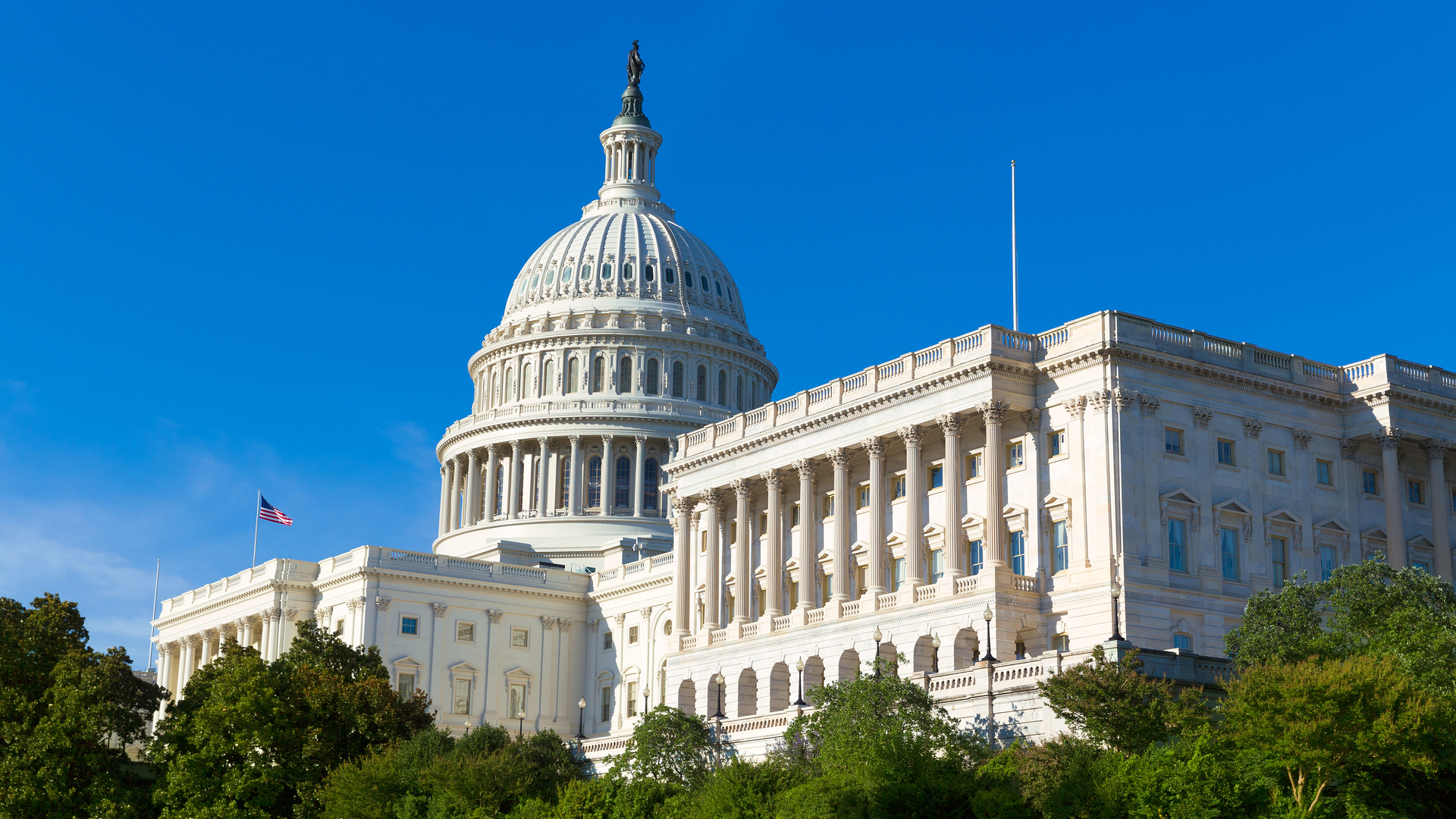

Big tech leaders faced Congressional lawmakers Thursday in a hearing about misinformation on their sites. After heated discussions, lawmakers got few direct answers and were left unsatisfied.
Facebook's Mark Zuckerberg, Google's Sundar Pichai, and Twitter's Jack Dorsey answered House representatives’ questions at the hearing, held by the House Committee on Energy and Commerce. It was a testy session, which Committee chair Frank Pallone opened by arguing the three companies had done little to curb misinformation online.
The Committee members consistently asked for simple “yes or no” answers during the hearing in an apparent attempt to rein in answers from the CEOs and get more direct responses. They repeatedly challenged the tech executives when they tried to expand.
At one point, Rep. Billy Long asked them pointedly, "Just tell me if you know the difference between these two words: 'yes' and 'no,'" forcing each to answer. "This is a nuanced topic," Zuckerberg explained at one point before asking for space to expand.
Neither Zuckerberg nor PinPichaichai directly answered whether their platforms bore responsibility for the misinformation that helped to spark the riot. Dorsey answered "yes.”
The hearing also covered Section 230 of the Communications Decency Act, which protects online platforms from liability for their users’ posts. Rep. Jan Schakowsky, Chair of the Subcommittee on Consumer Protection and Commerce, cut off Zuckerberg halfway through his answer to her question about whether Section 230 should be considered when creating trade agreements.
"My primary goal would be to help update Section 230 to reflect the modern reality and what we've learned over 25 years. I do think that it plays a foundational role in the Internet," he said before Schakowsky stopped him and turned to the other CEOs.
Get the ITPro daily newsletter
Sign up today and you will receive a free copy of our Future Focus 2025 report - the leading guidance on AI, cybersecurity and other IT challenges as per 700+ senior executives
Addressing Section 230 in a later answer, Zuckerberg said he was committed to reforming it. "230 broadly is important so I wouldn't repeal the whole thing," he said. Zuckerberg advocated for three changes to the law’s implementation. Firstly, he called for platforms to report how much harmful content they find. Second, he said platforms should be held accountable for their material. Finally, he warned that while these policies need to apply to large platforms, they should exclude smaller ones.
The hearing came one day after 12 state attorneys wrote to Dorsey and Zuckerberg urging them to do more to prevent misinformation over COVID-19 vaccination.
"The people and groups spreading falsehoods and misleading Americans about the safety of coronavirus vaccines are threatening the health of our communities, slowing progress in getting our residents protected from the virus, and undermining economic recovery in our states," Dorsey and Zuckerberg warned, adding that anti-vaxxer accounts on Facebook, YouTube, Instagram, and Twitter reach over 59 million followers.
"Twitter and Facebook have yet to remove from all their platforms the accounts of prominent 'anti-vaxxers' who have repeatedly violated the companies’ terms of service," the letter added.
Danny Bradbury has been a print journalist specialising in technology since 1989 and a freelance writer since 1994. He has written for national publications on both sides of the Atlantic and has won awards for his investigative cybersecurity journalism work and his arts and culture writing.
Danny writes about many different technology issues for audiences ranging from consumers through to software developers and CIOs. He also ghostwrites articles for many C-suite business executives in the technology sector and has worked as a presenter for multiple webinars and podcasts.
-
 Should AI PCs be part of your next hardware refresh?
Should AI PCs be part of your next hardware refresh?AI PCs are fast becoming a business staple and a surefire way to future-proof your business
By Bobby Hellard
-
 Westcon-Comstor and Vectra AI launch brace of new channel initiatives
Westcon-Comstor and Vectra AI launch brace of new channel initiativesNews Westcon-Comstor and Vectra AI have announced the launch of two new channel growth initiatives focused on the managed security service provider (MSSP) space and AWS Marketplace.
By Daniel Todd
-
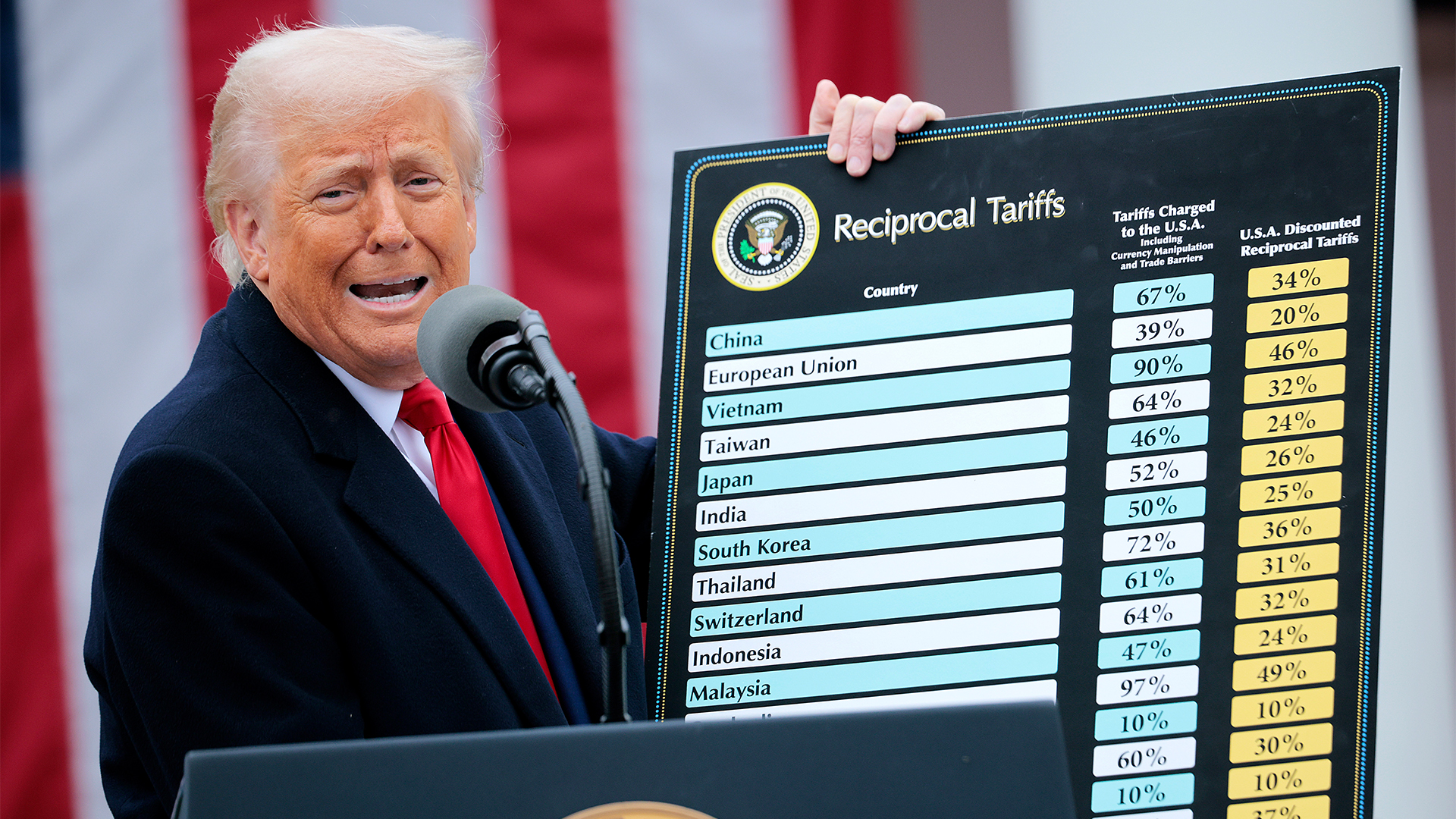 IDC warns US tariffs will impact tech sector spending
IDC warns US tariffs will impact tech sector spendingNews IDC has warned that the US government's sweeping tariffs could cut global IT spending in half over the next six months.
By Bobby Hellard
-
 US government urged to overhaul outdated technology
US government urged to overhaul outdated technologyNews A review from the US Government Accountability Office (GAO) has found legacy technology and outdated IT systems are negatively impacting efficiency.
By George Fitzmaurice
-
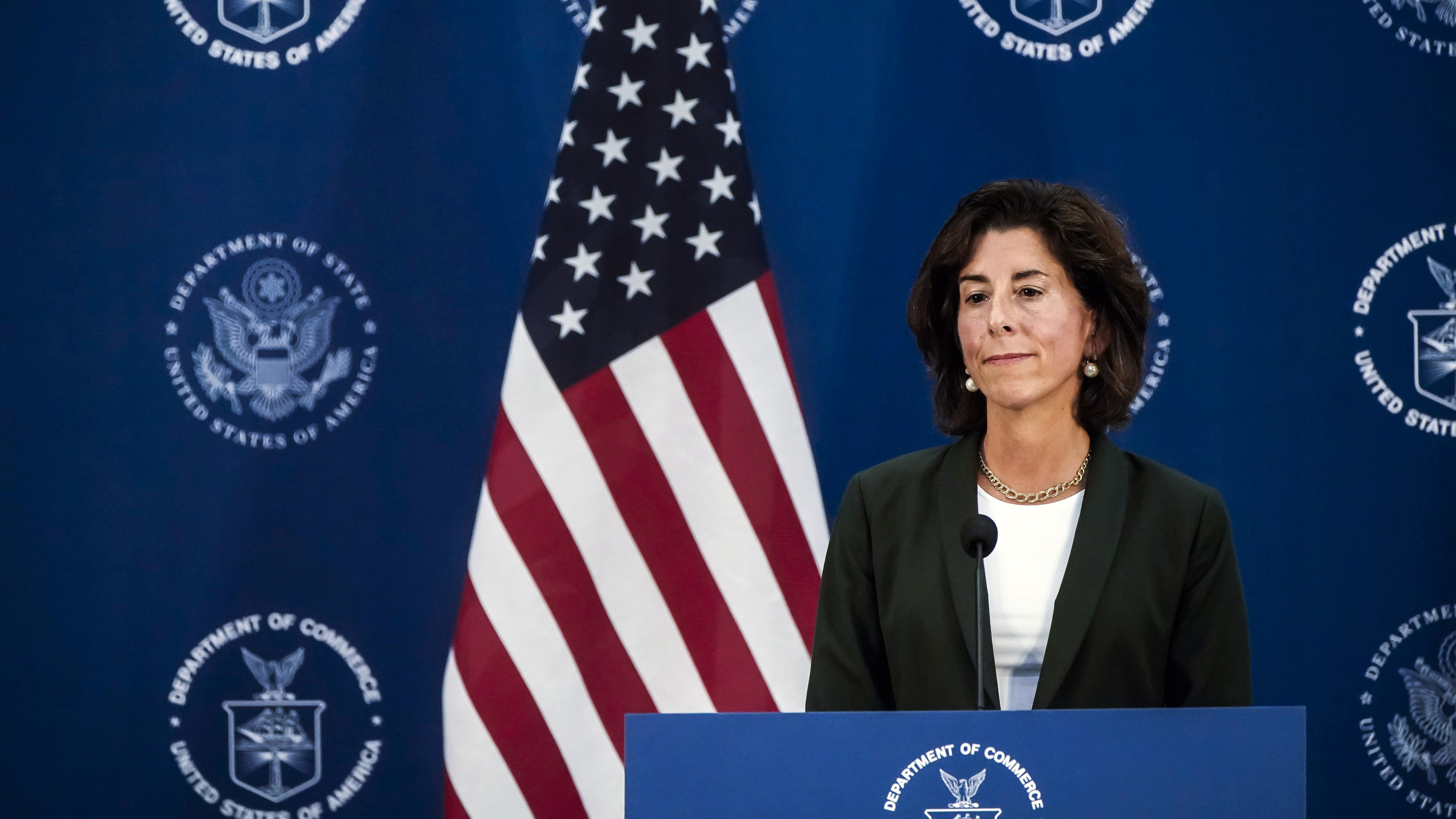 US proposes new ‘know-your-customer’ restrictions on cloud providers
US proposes new ‘know-your-customer’ restrictions on cloud providersNews The US aims to stifle Chinese AI competition with new restrictions on cloud providers to verify foreign data center users
By Solomon Klappholz
-
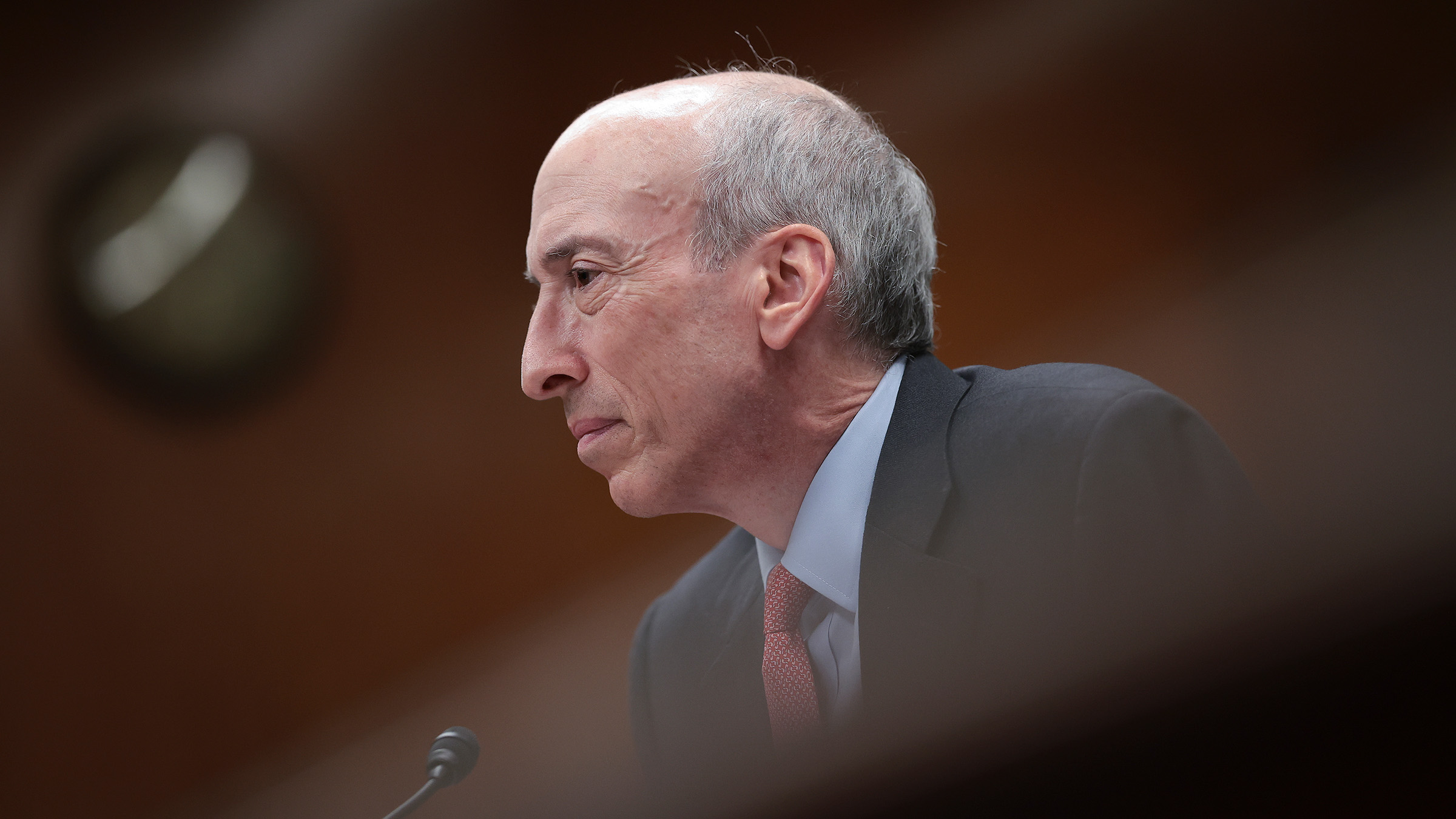 SEC passes rules compelling US public companies to report data breaches within four days
SEC passes rules compelling US public companies to report data breaches within four daysNews Foreign entities trading publicly in the US will also be held to comparative standards
By Rory Bathgate
-
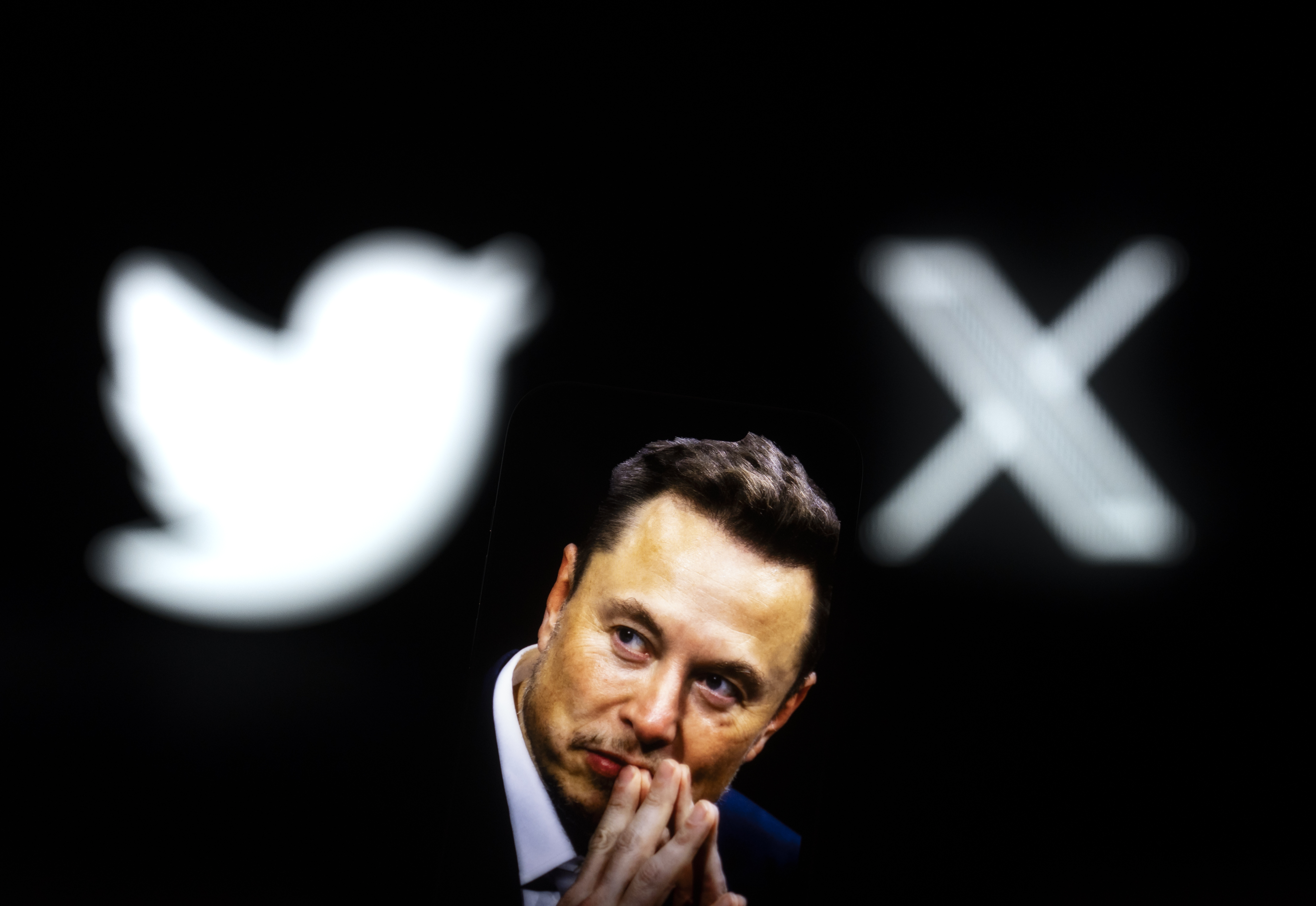 A look back at 7 other tech companies to undergo major rebrands
A look back at 7 other tech companies to undergo major rebrandsNews As Elon Musk announces a total change of Twitter’s branding after 17 years, we look back at how similar projects have panned out for other big tech firms
By Rory Bathgate
-
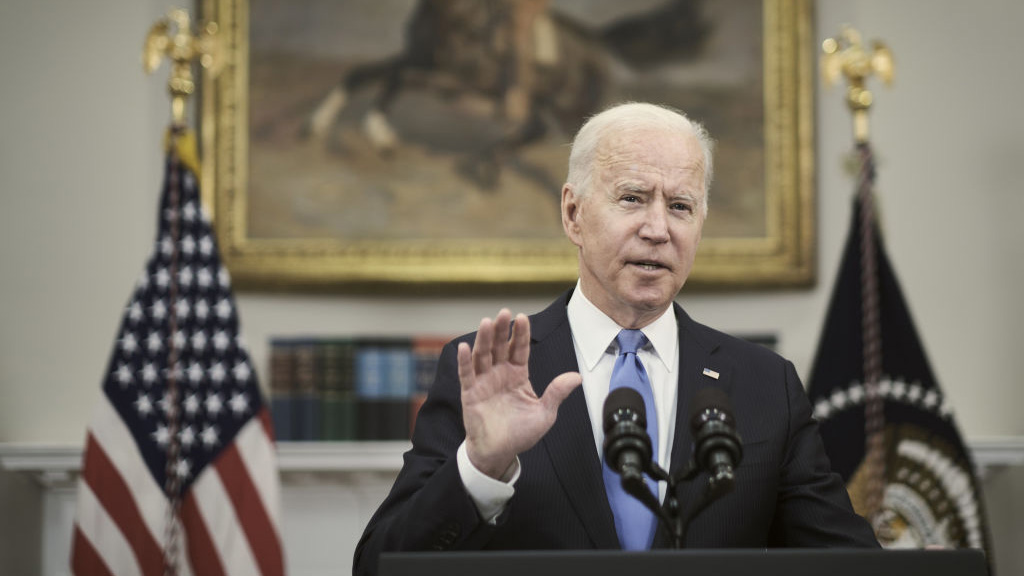 US says National Cybersecurity Strategy will focus on market resilience and private partnerships
US says National Cybersecurity Strategy will focus on market resilience and private partnershipsNews The recently announced implementation plans alow for more aggressive action against ransomware gangs
By Rory Bathgate
-
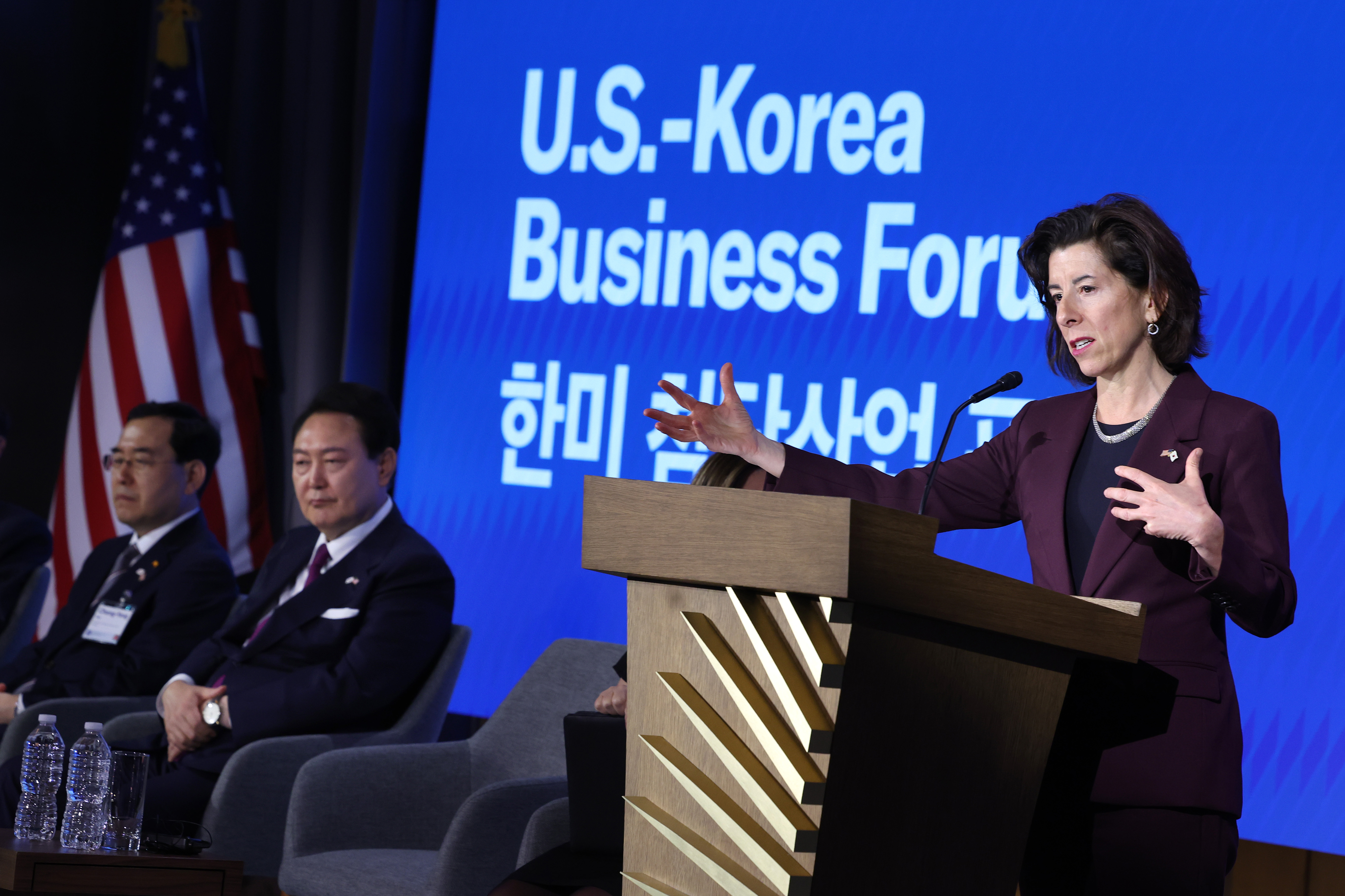 US ‘Tech Hubs’ drive aims to boost innovation in American heartlands
US ‘Tech Hubs’ drive aims to boost innovation in American heartlandsNews The development of the hubs will could help drive regional innovation and support for tech companies
By Ross Kelly
-
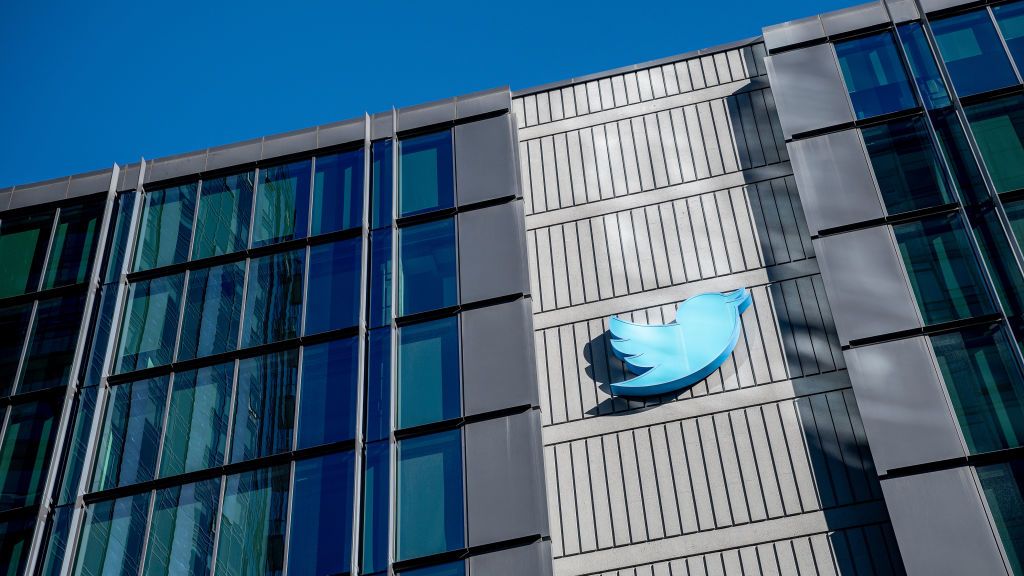 Musk adds beds to Twitter HQ, sparks building code investigation
Musk adds beds to Twitter HQ, sparks building code investigationNews San Francisco city officials are looking into whether the changes, part of Musk's "hardcore" office plan, constitute code violations
By Rory Bathgate